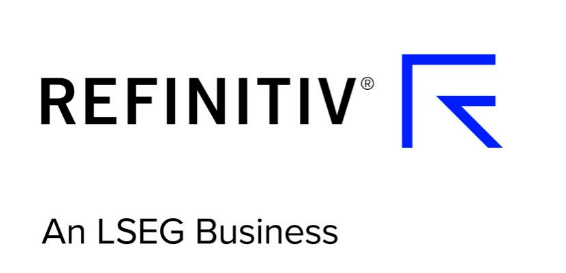Source: Sharecast
Speaking at the IMF meetings in Washington, Dombrovskis said that G7 nations have "shared concerns" about China's latest expansion of export controls on rare earth minerals.
Earlier this month, China's Ministry of Commerce published a set of restrictions on exports of certain additional rare-earth elements, magnet and sputtering-target materials, processing equipment and battery-related materials and technologies.
Due to take effect in November, Beijing claimed the controls are intended to protect national security and curb sensitive technologies from leaving the country, though the move has unnerved foreign governments since many elements (such as neodymium, dysprosium and terbium) are crucial to modern clean-energy technologies like EV motors, wind turbine generators and consumer electronics.
The G7's concerns relate to "both the scope of minerals covered, but also in terms of covering the value chain and having quite extensive extraterritorial provisions", Dombrovskis said.
"We agreed on one hand to coordinate this work and our engagements with Chinese counterparts to seek some short-term solutions. [...] But also, more conceptually, it's clear that we need to continue the work, which is not new, on diversification and resilience of our supply chains," he said.
Currently, China accounts for 80-90% of the global supply of rare earths, the EC vice president said.



